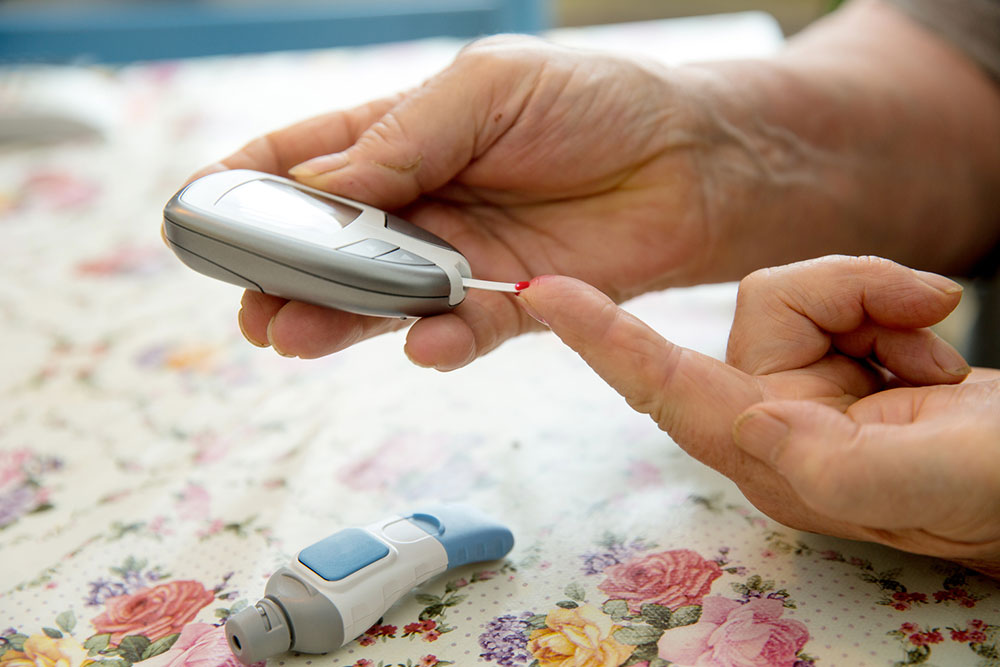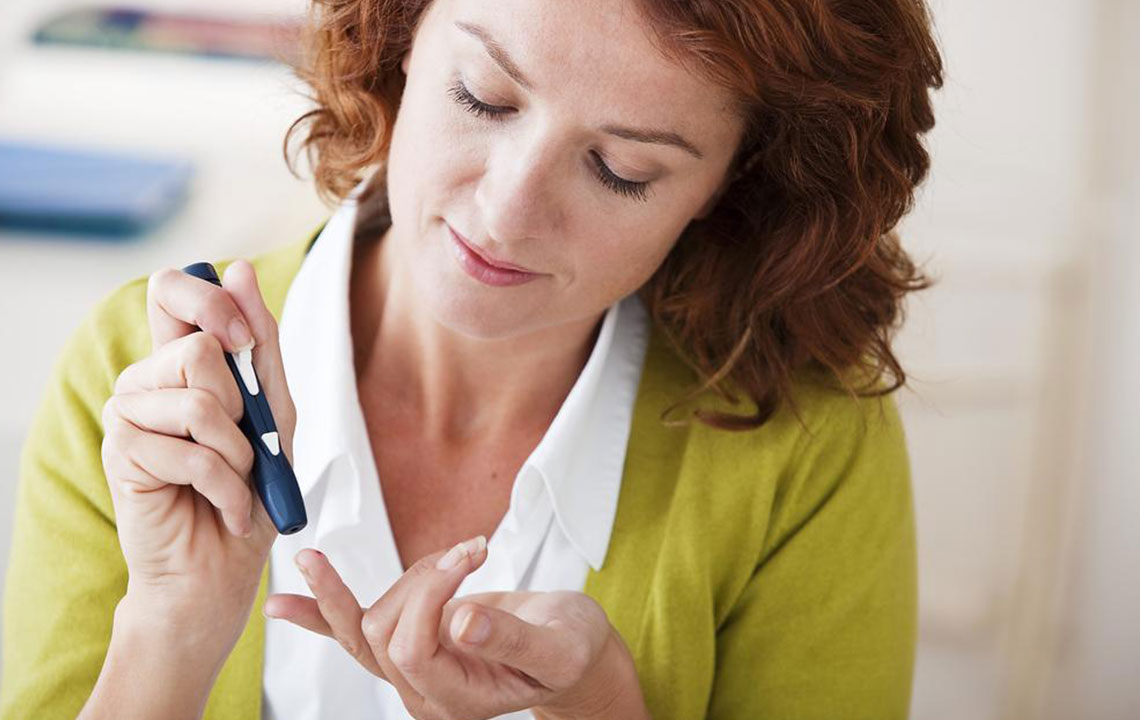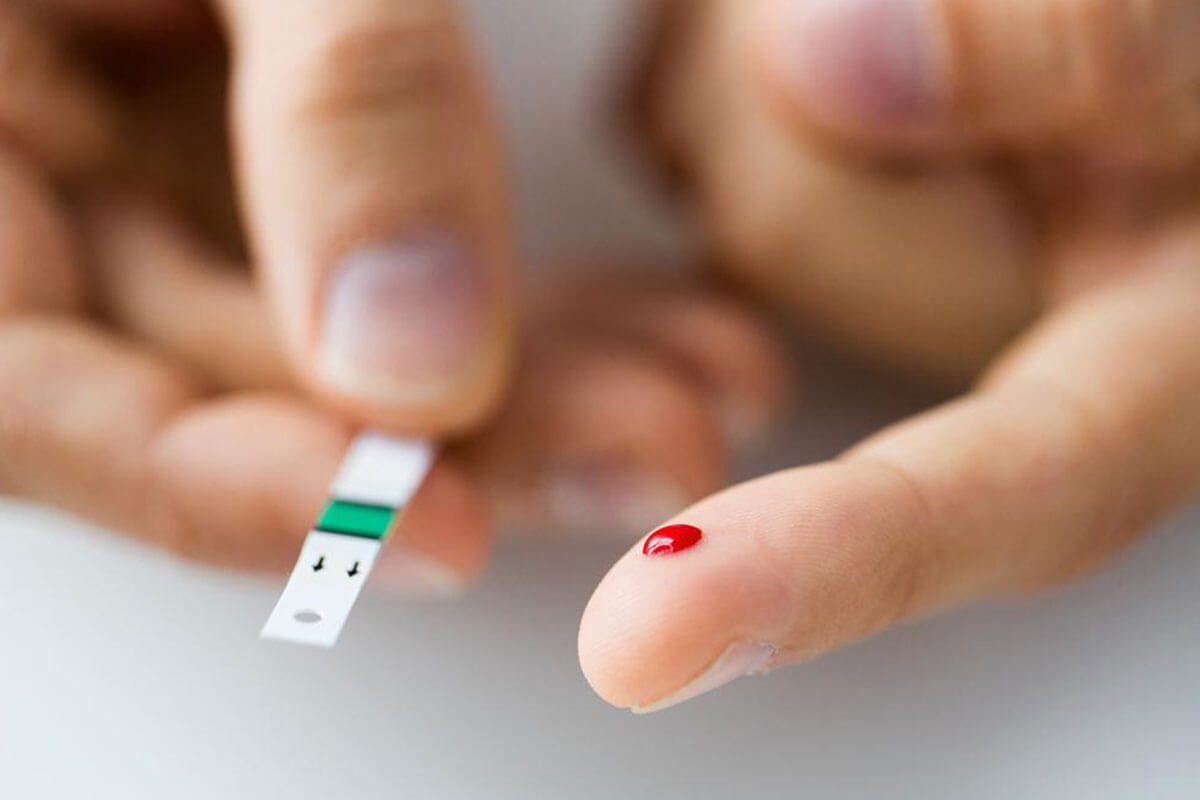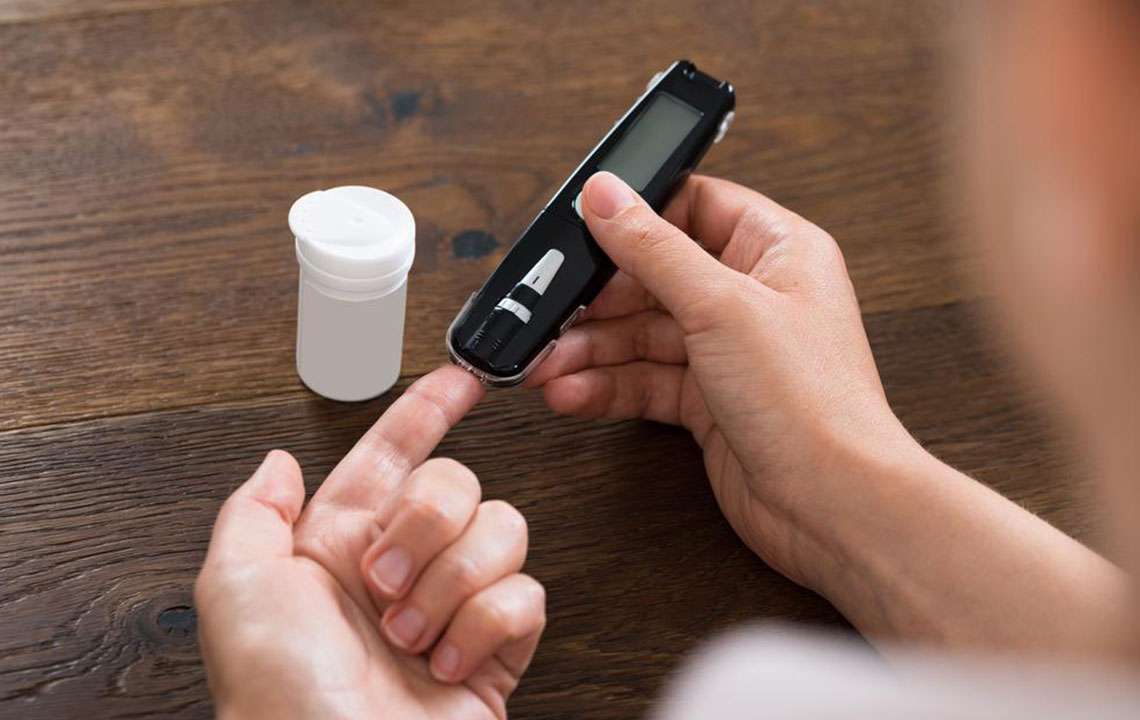Managing and Treating Type 2 Diabetes Effectively
Learn how to diagnose and manage Type 2 diabetes effectively through proper testing, diet, exercise, and medication. Early diagnosis coupled with lifestyle modifications can lead to successful disease control and improved quality of life.
Sponsored

Understanding and Addressing Type 2 Diabetes
Type 2 diabetes is a common condition that can be managed and even reversed with proper medical care. Predominantly affecting individuals over 45, this disease, if untreated, may cause complications like stroke, vision loss, heart problems, and kidney failure. Symptoms include frequent urination, slow-healing cuts, fatigue, and blurred vision. With appropriate treatment strategies, individuals can lead healthy lives despite the diagnosis.
Diagnosing Type 2 Diabetes
Various tests are used to assess blood sugar levels:
A1C Test: This test provides insights into your blood sugar control over the past few months. It measures the percentage of hemoglobin with attached glucose. Results above 6.5% indicate diabetes; 5.7-6.4% suggests prediabetes, while below 5.7% is normal. No fasting required.
Fasting Blood Sugar Test: Performed after overnight fasting, this test checks blood glucose levels. A reading of 126 mg/dL or above indicates diabetes. Values between 100-125 mg/dL suggest prediabetes, and under 100 mg/dL are normal.
Random Blood Glucose Test: Suitable for those showing symptoms, this test can be done anytime. A reading of 200 mg/dL or higher confirms diabetes.
Additional testing, such as oral glucose tolerance tests, may also be used for diagnosis. Once diagnosed, treatment plans are implemented.
Treatment Approaches for Type 2 Diabetes
Healthy Diet: Emphasize fruits, vegetables, whole grains, and low glycemic index foods. High-fiber options help regulate blood sugar. Consulting a dietitian can help tailor a meal plan suited to individual needs.
Regular Exercise: Activities like walking, cycling, swimming, yoga, and weight training aid blood sugar management. Staying active is vital for effective treatment.
Medications: Some may achieve target blood sugar levels through lifestyle changes alone, while others might require medications or insulin therapy as prescribed by their doctor.
Blood Sugar Monitoring: Regularly checking your levels helps track progress and adjust treatment. Understanding how food, activity, medication, and illnesses impact blood sugar is essential.
Early detection and comprehensive management enable effective control of Type 2 diabetes, allowing for a healthy, balanced life with proper discipline and support.






